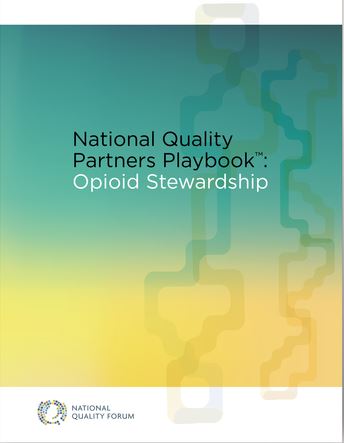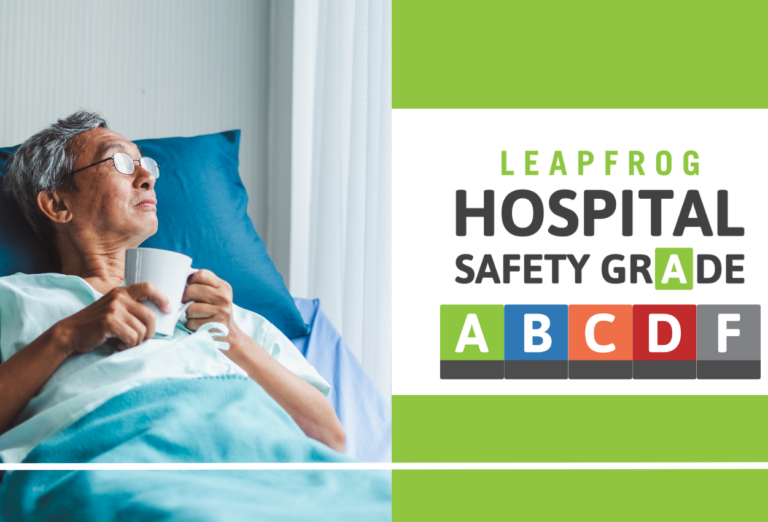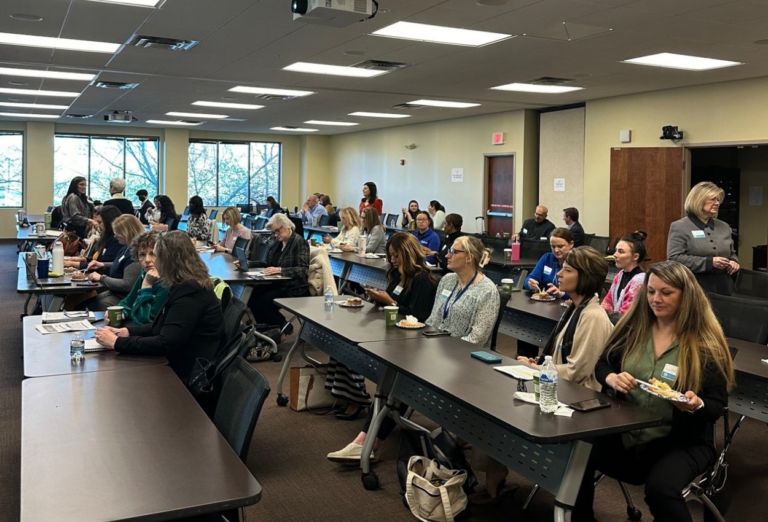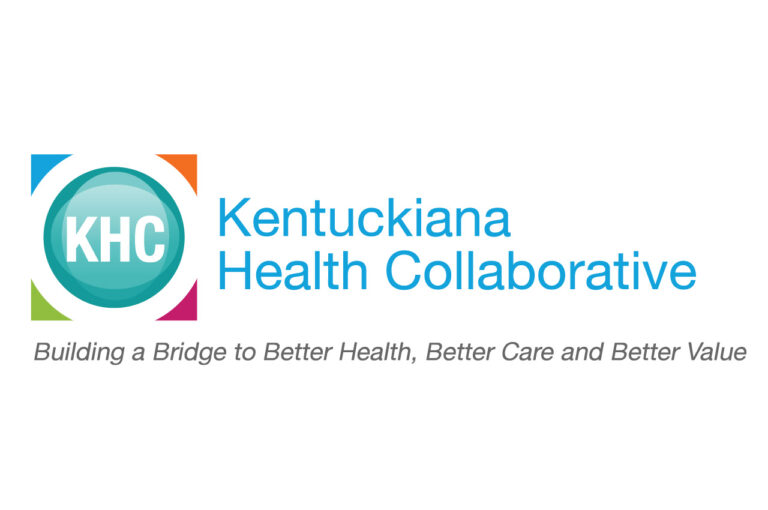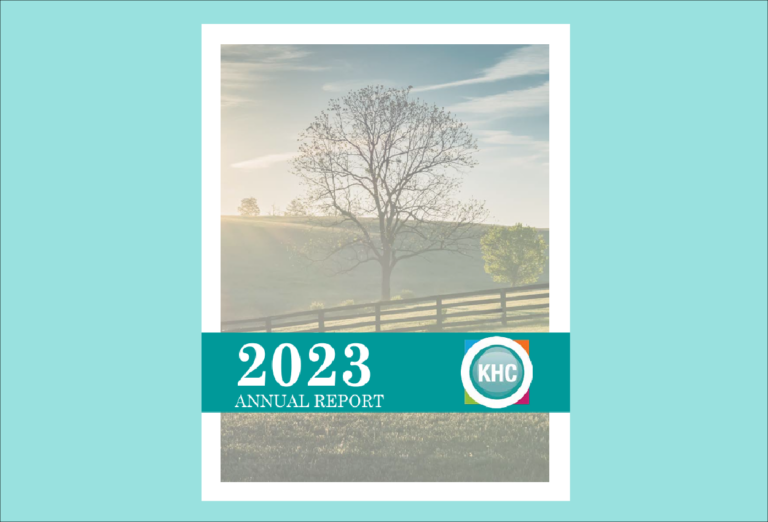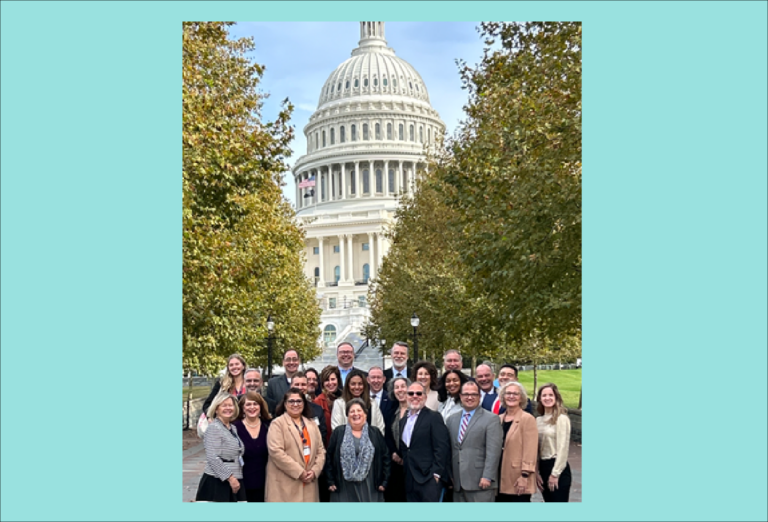Louisville Metro also releases two-year action plan for addressing substance abuse
For the past several months, the KHC has put an increased focus on the behavioral health issues that face our region, including substance use disorder. One of the activities KHC has been involved in is the creation of an opioid stewardship playbook, through National Quality Partners (NQP) Opioid Stewardship Action Team, a program by the National Quality Forum. The KHC joined more than 40 other organizations across the country to develop the National Quality Partners Playbook™: Opioid Stewardship, which provides strategies for healthcare organizations and clinicians across practice settings and specialties of care.
This month, the playbook was released and is now available for download. It contains resources for organizations of all sizes to practice opioid stewardship. The NQP Playbook identifies fundamental actions to support high-quality, sustainable opioid stewardship, including:
- promoting healthcare leadership commitment and implementation of organizational policies that support opioid stewardship;
- advancing clinical knowledge, expertise, and practice in pain management and opioid prescribing guidelines;
- engaging patients and family caregivers in discussions about the risks and benefits of pain management strategies, especially the use of opioids;
- tracking, monitoring, and reporting performance data on opioid stewardship and pain management;
- establishing accountability for promoting, establishing, and maintaining a culture of opioid stewardship; and,
- supporting community collaboration to achieve maximum impact.
The NQP Playbook includes concrete examples and tactics for implementation, identifies barriers and corresponding solutions, and connects clinicians to important tools and resources that are applicable across care settings. Implementation examples are organized into basic, intermediate, and advanced to allow organizations with varying levels of resources and expertise to identify opportunities for action. The intent is for organizations to determine which approach best fits their individual efforts and community needs.
Public Webinar on Opioid Stewardship Planned for March 29
NQF will host a public webinar on opioid stewardship on March 29 in conjunction with the NQP Playbook. NQP Opioid Stewardship Action Team chairs, Christina Mikosz, Centers for Disease Control and Prevention, and Paul Conlon, Trinity Health, will speak, along with other members of the Action Team.
The webinar will address the national opioid epidemic and will highlight how healthcare organizations and clinicians can take concrete steps to drive effective pain management and opioid stewardship, including authentic engagement of patients and family caregivers. Members of the NQP Opioid Stewardship Action Team will address the critical roles that various stakeholders play in making opioid stewardship programs successful and sustainable. To register for the webinar, click here.
NQF will also host a fully accredited, one-day workshop on May 1 for clinicians and healthcare quality leaders to learn about implementing the NQP Playbook. For more information, click here.
Louisville Metro Substance Action Plan Released
Locally, the Louisville Metro Department of Public Health and Wellness released its two-year action plan for addressing substance use and misuse in Louisville, “Coming Together for Hope, Healing & Recovery.” The 80-page report includes a science-based analysis of the use of illegal drugs, tobacco, and alcohol in Louisville and 10 strategies for accelerating the city’s fight against drug abuse:
- Prevent and reduce youth substance abuse
- Increase trauma informed care
- Reduce stigma
- Increase harm reduction
- Expand diversion from emergency rooms and jail
- Improve connection to treatment
- Measure the quality of treatment programs
- Establish guidelines for sober living houses
- Make expungement affordable
- Improve job placement
Approximately 50 organizations provided insight and expertise for the creation of the action plan, including the KHC. Click here to read the report.
